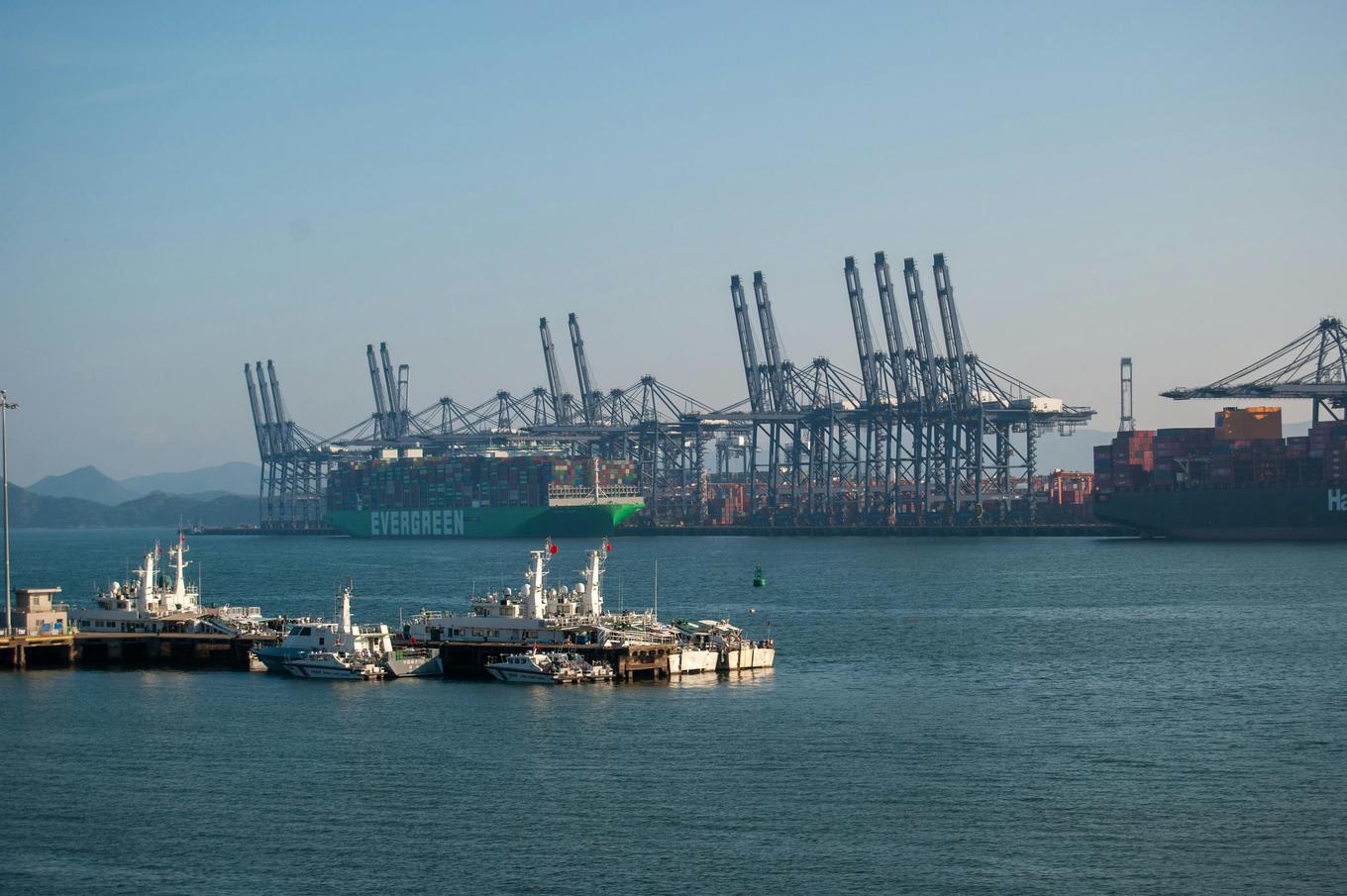- Shanghai Zhongshen International Trade Co., Ltd. - Two decades of trade agency expertise.
- Service Hotline: 139 1787 2118

AgricultureEquipment ImportsSpecial characteristics recognition
The global agricultural machinery market size is expected to exceed 250 billion US dollars in 2025. As the worlds largest importer of agricultural machinery, Chinas imported equipment accounts for 37% of the total inventory. Different from the import of ordinary industrial products, agricultural equipment has significant characteristics:
- Product type complexity:It covers 12 major categories including tractors, harvesters, irrigation systems, etc., involving more than 200 HS codes
- Tariff gradient differences:The import tariff for complete machines is 5% - 15%, 3% - 8% for parts, and the power system is classified separately
- Upgrade of technical barriers:The EU CE certification has added soil compaction indicators, and the North American SAE J standard has updated the power output specifications
- Rigid demand for after - sales maintenance:80% of the imported equipment requires technical support from the original factory, and the response time for spare parts supply is required to be within 72 hours
Cost comparison between independent import and professional agency
The real case of a provincial agricultural groups self - import of German combine harvesters in 2024 shows:
- Customs clearance time consumption:Self - operation: 38 days vs. agency company: 21 days
- Hidden costs:
- Demurrage: 92,000 yuan
- Fine for misclassification: 15% of the cargo value
- Translation and certification of technical documents: CNY 47,000
- Loss of equipment idleness:Daily average production capacity gap of CNY 28,000
Evaluation dimensions of the core capabilities of agency services
High - quality agency companies should possess a four - ability matrix:
- Customs clearance ability:
- Accurately identify the HS codes specific to agricultural machinery
- Handle the environmental protection certification of EC - type engines
- Preparation of emission standard documents for agricultural diesel engines
- Logistics resources:
- Transportation qualification for special vehicles (over - wide/over - high equipment)
- The load - bearing capacity of port hoisting equipment is over 150 tons
- Constant - temperature warehousing to protect precision sensors
Strategies for coping with new industry trends in 2025
After the full implementation of the RCEP Agreement, the import tariffs on agricultural machinery in Southeast Asia will drop to 3.5%, but technical barriers will increase simultaneously:
- Certification Requirements:New vibration standard tests for agricultural machinery in Vietnam
- Payment Method:L/CAdd pre - shipment inspection clauses to the documents presented
- Logistics innovation:Modular disassembly and transportation save 25%Maritime TransportationFees
Analysis of practical cases of risk prevention and control
When a certain agricultural reclamation enterprise in Heilongjiang imported Italian grape harvesters, the entire batch of equipment was detained at Tianjin Port due to failure to obtain the latest CE certification. The professional agency company adopted the following measures:
- Activate the rapid response channel for EU technical regulations
- Coordinate with the Italian customs to issue temporary release documents
- Arrange technical rectification in the bonded warehouse
Finally, complete the compliance transformation within 17 working days to avoid a loss of CNY 1,270,000 caused by direct return of goods.
Related Recommendations
? 2025. All Rights Reserved. Shanghai ICP No. 2023007705-2  PSB Record: Shanghai No.31011502009912
PSB Record: Shanghai No.31011502009912










